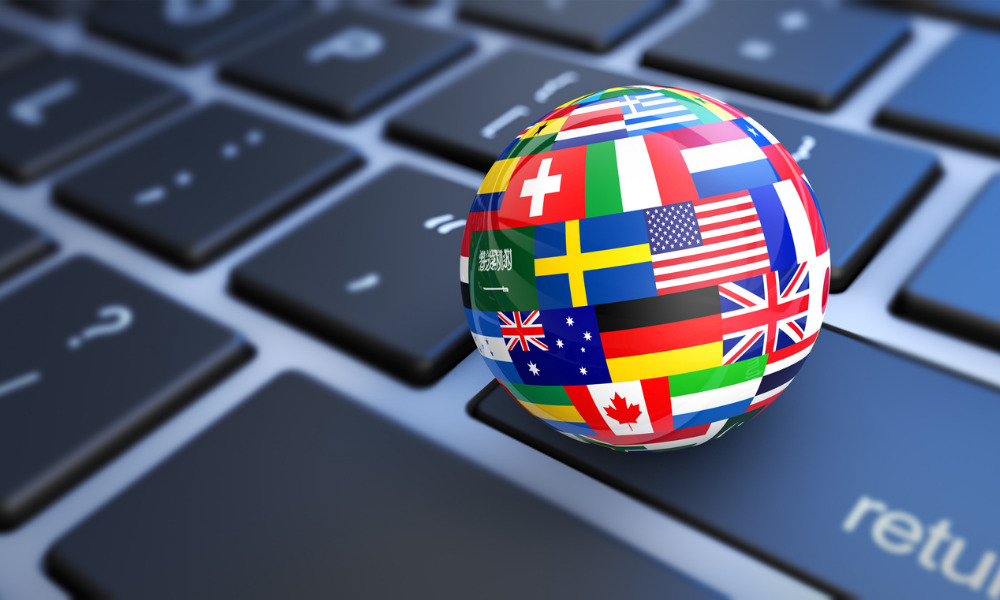
Division of McCarthy Tétrault says use of Artificial Intelligence speeds up process, reduces costs

Translation services for corporate documents, such as those supporting initial public offerings (IPOs), have been steadily rising, and artificial intelligence tools have enhanced the ability to meet growing demand, says the Director of Business Development & Operations at McCarthy Tétrault’s MT>Version division.
“The rise of translation technology, and AI in particular, has made the job go faster, and ultimately less expensive,” says Ivan Ivanovitch. He adds that the parent law firm has made some significant investments in translation services to meet the growing demand, accelerating the translation process and reducing costs by around 50 per cent.
“The result is we have more capacity to deal with clients who need this service, whether they are McCarthy Tétrault clients or not.”
Ivanovitch says the situations where translation services are needed have grown significantly, especially as deal making becomes more global. The most obvious cases, he says, involve firms raising capital, such as an IPO, and there is a need to go into markets where the primary language is not English.
The most common need for translation in Canada is from English into French and the other way around. Still, Ivanovitch says MT>Version can provide services in 185 languages, outsourcing those that it can’t do itself. Most of its translation work is done in-house, with French, Spanish, Mandarin among the languages most worked with, though Arabic and Russian translations are common.
Ivanovitch provides one example where one project involving an M&A transaction required translation of 475 records totalling 2.8 million words - from German, Portuguese and Spanish into English in 10 days. The result was that MT>Version reduced the turnaround and reduced costs to 45 per cent of what it might have cost in the past.
Ivanovitch says the firm’s translation technology uses AI specializing in business translation to come up with the first draft. An MT>Version database helps the translation’s accuracy with more than 10 million legal terms.
However, Ivanovitch says there is an important human component to the translation process. MT>Version has translators specialized in legal translation and access to lawyers experienced in translation who can sign off on a translation being an exact rendering of the original in the other language.
MT>Version also provides four levels AI translation and human review, based on clients’ needs, says Ivanovitch. These include:
For the same document with less than 15,000 words, these services’ costs range from $3,000 to $10,000.
Ivanovitch also says that MT>Version can provide data protection for sensitive documents, “something better, in addition to better accuracy than what a Google Translate,” could provide.